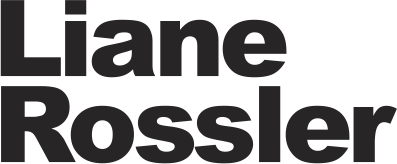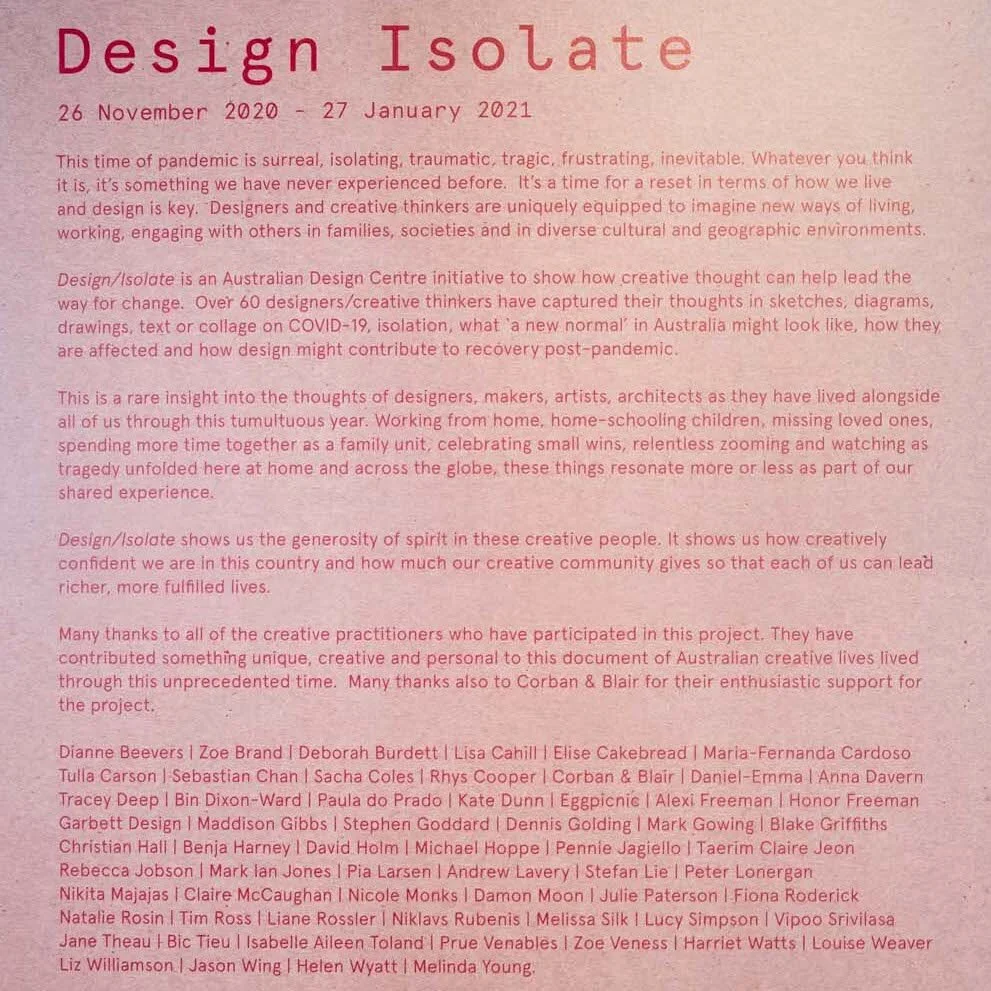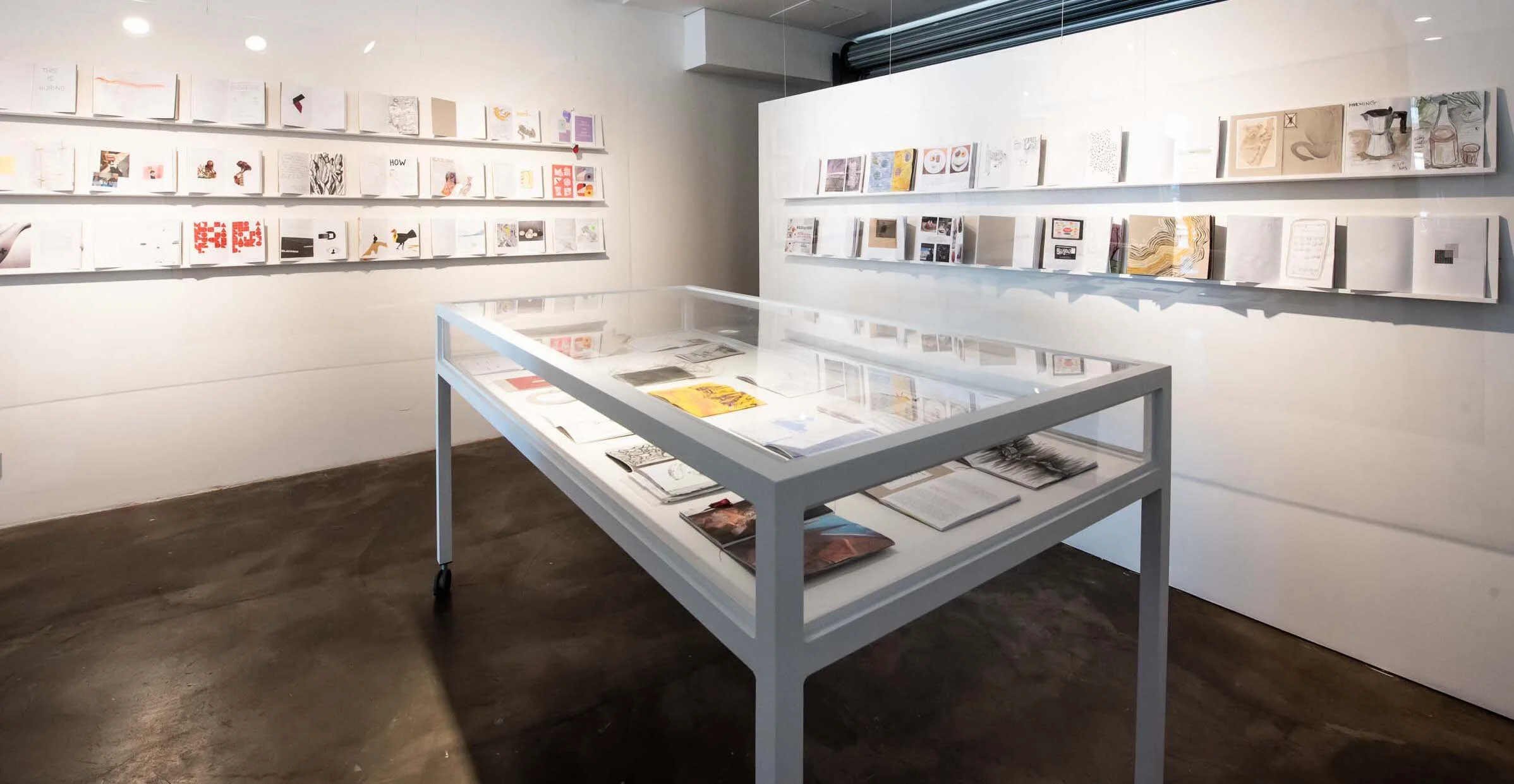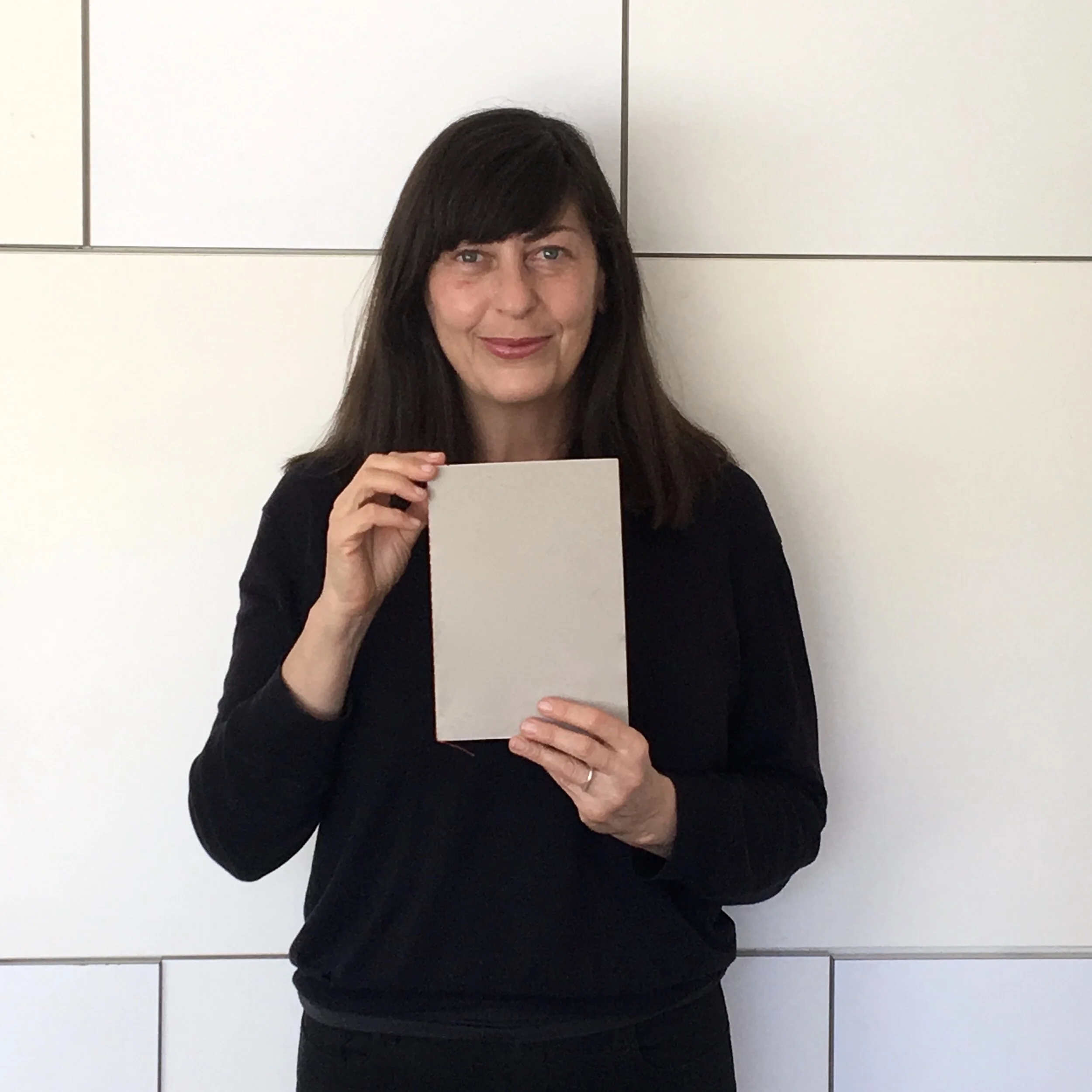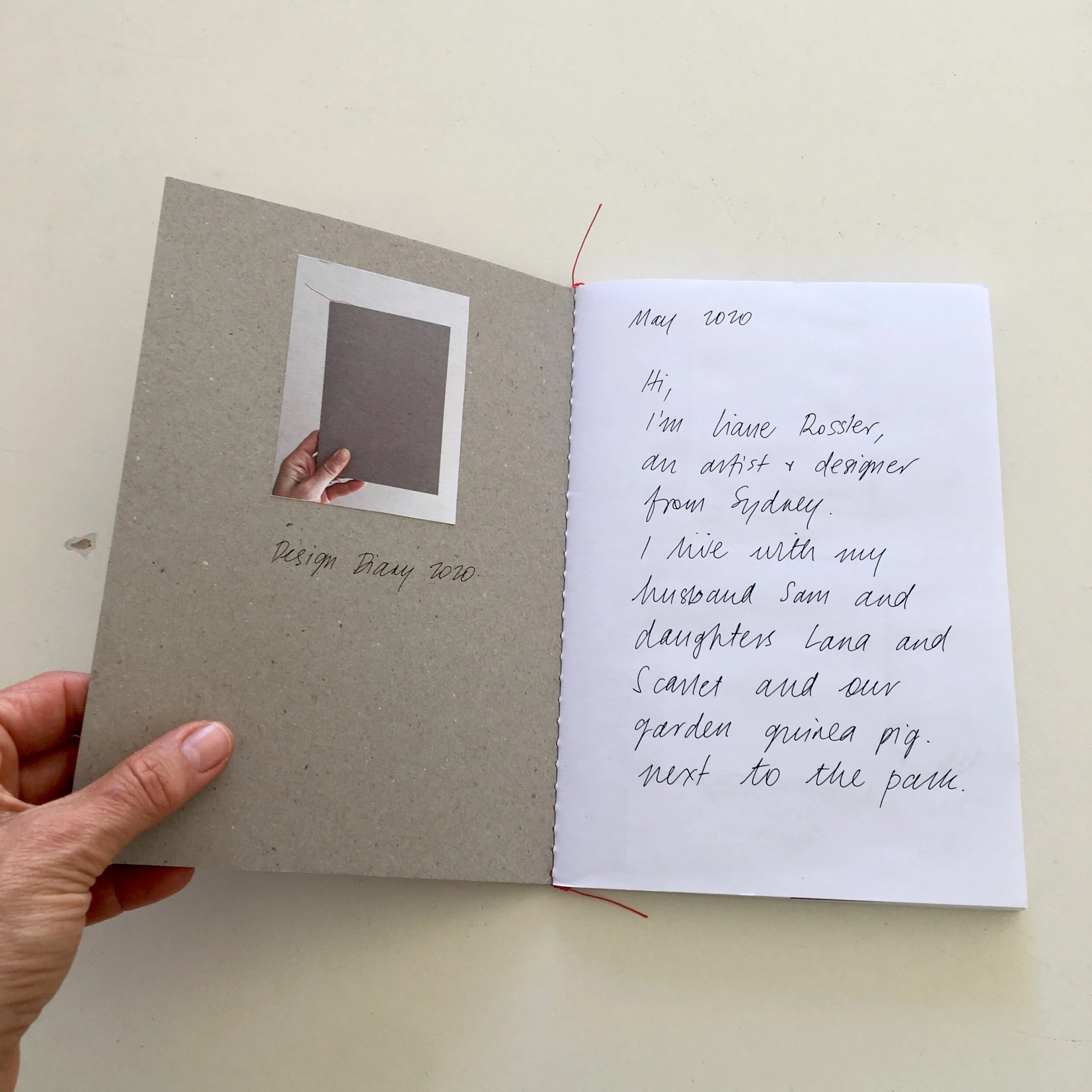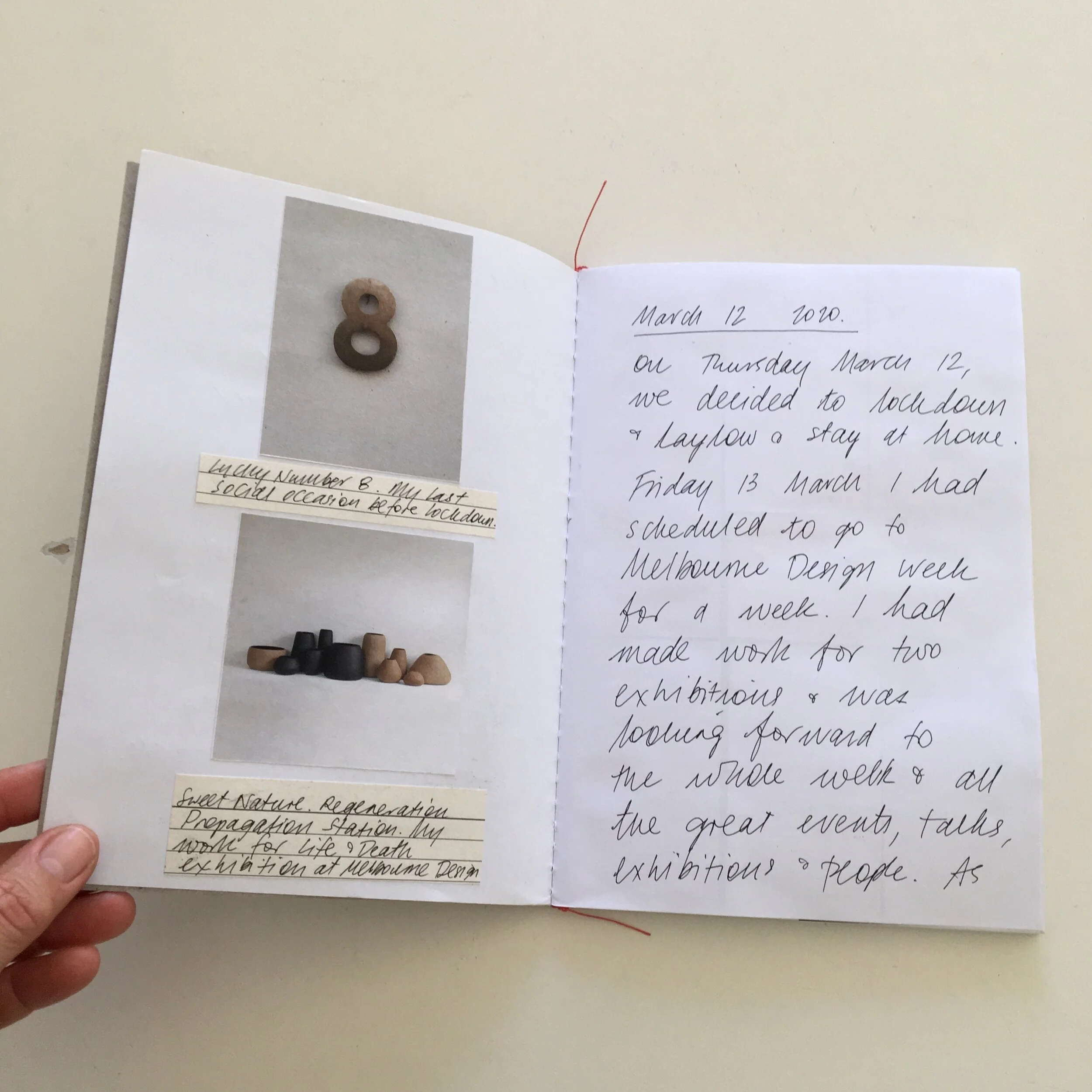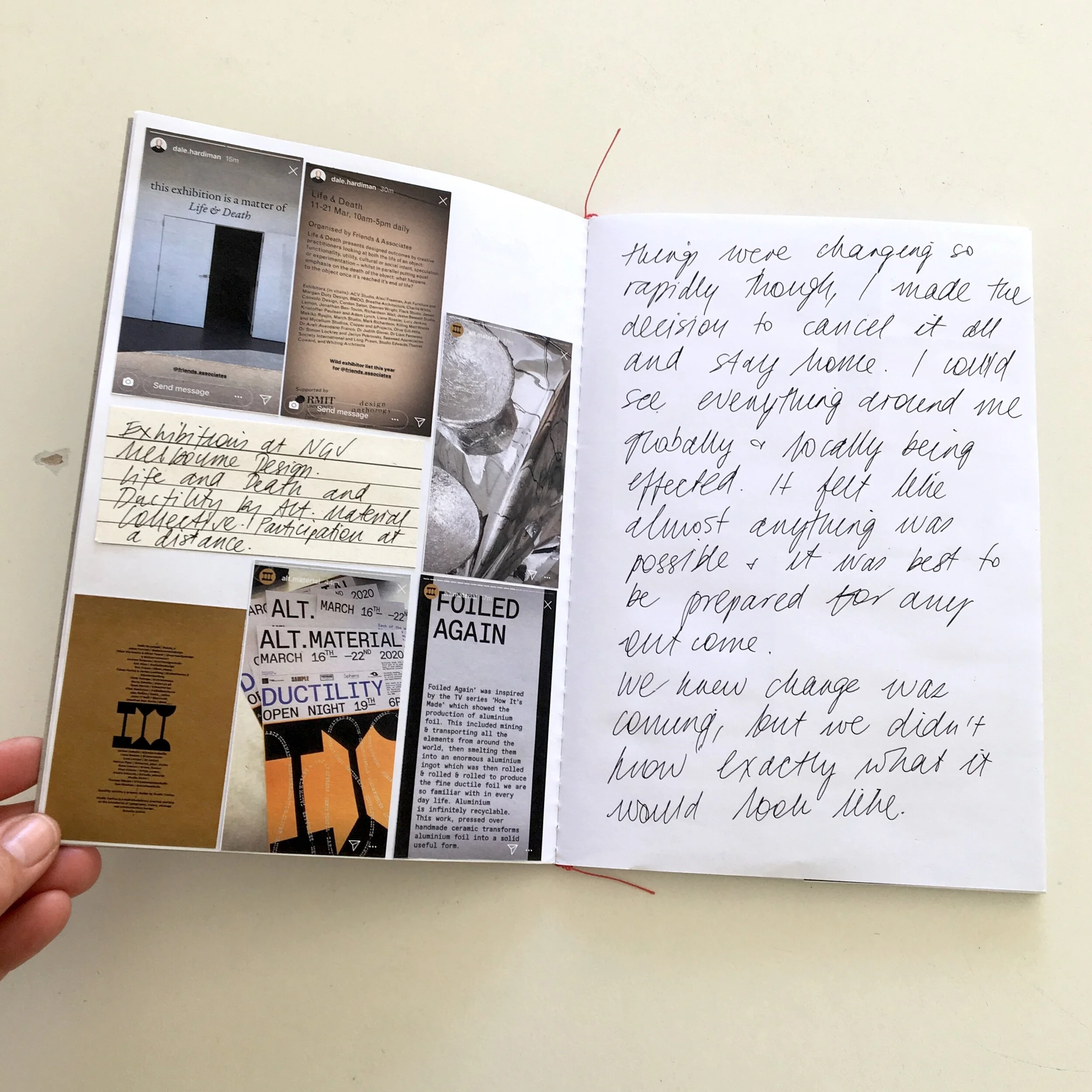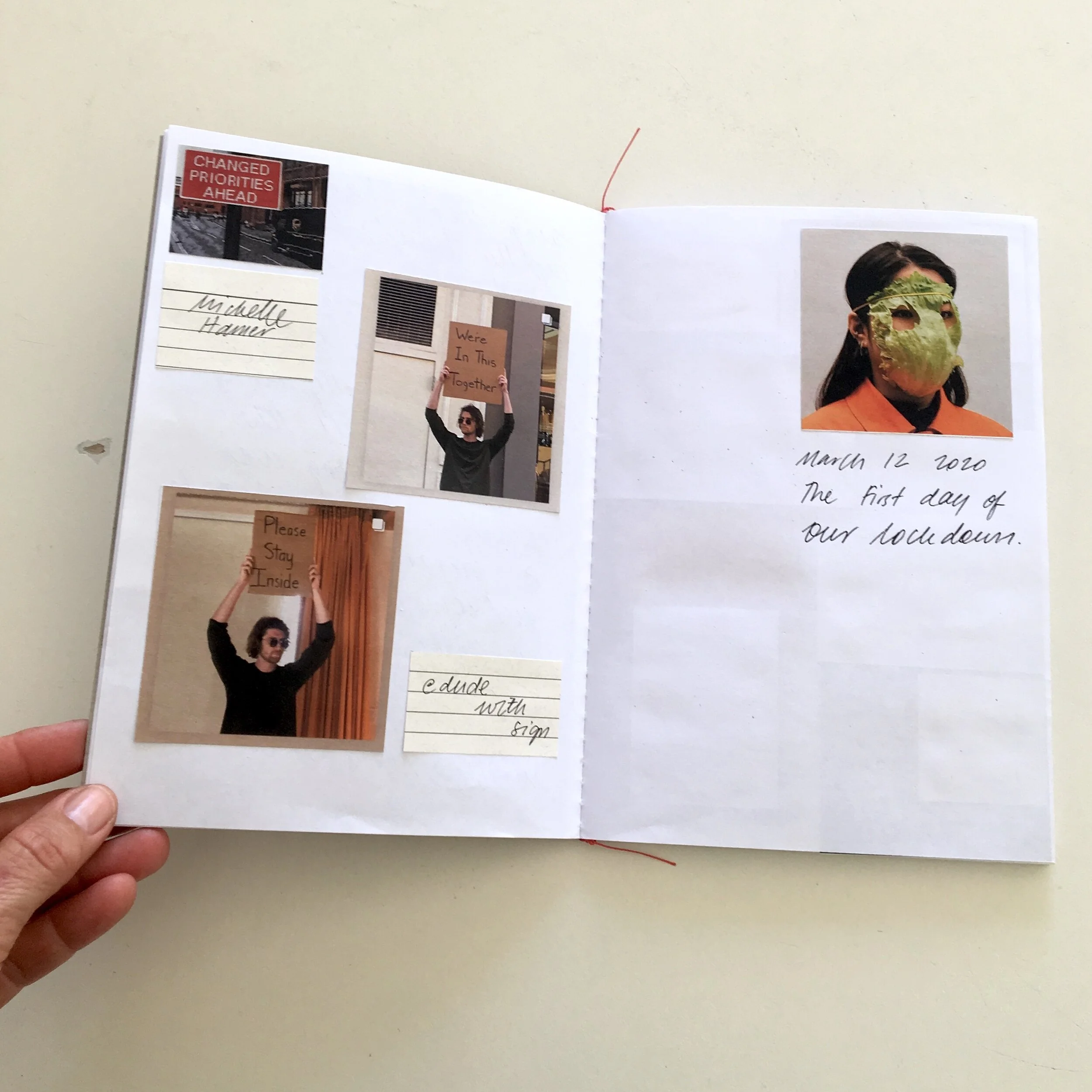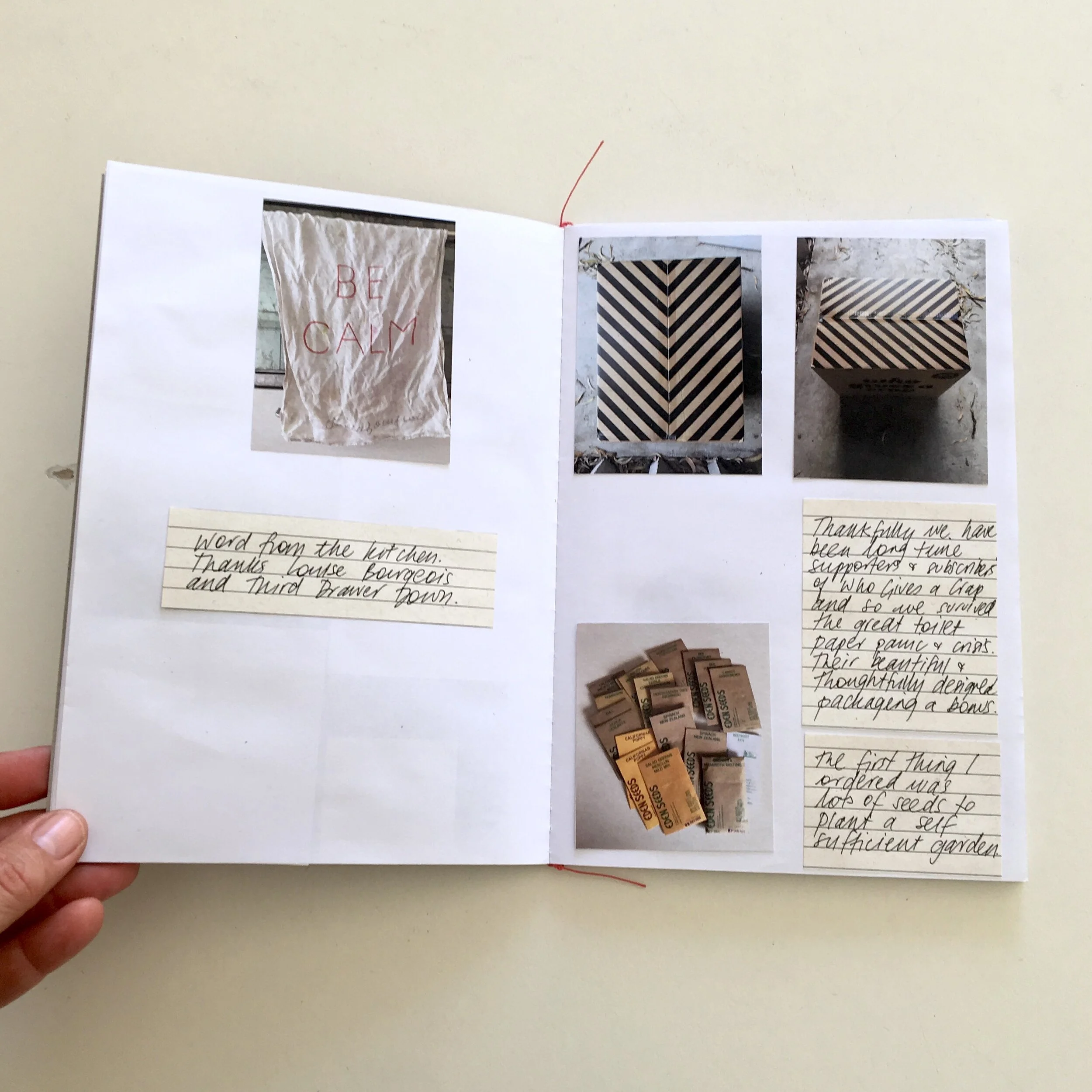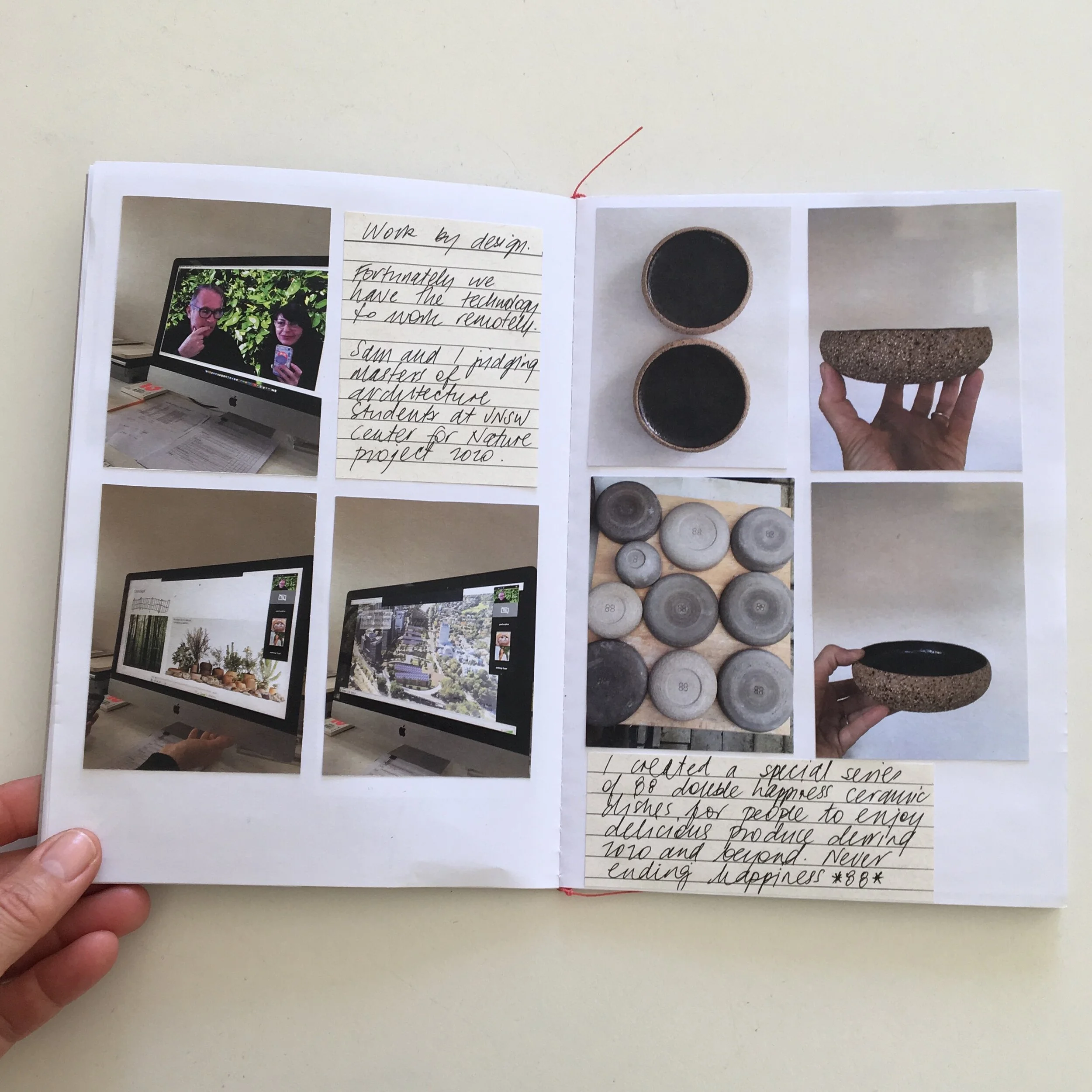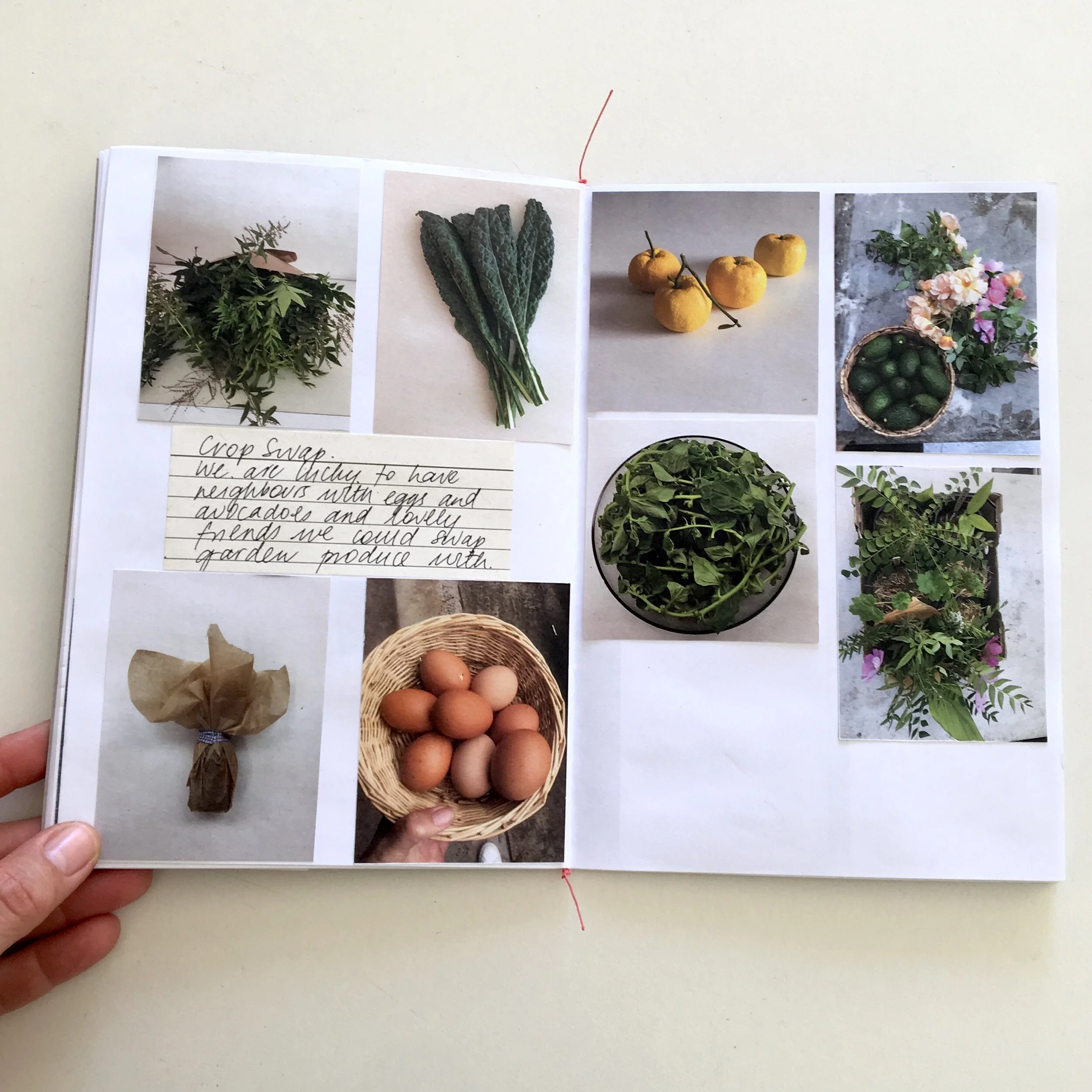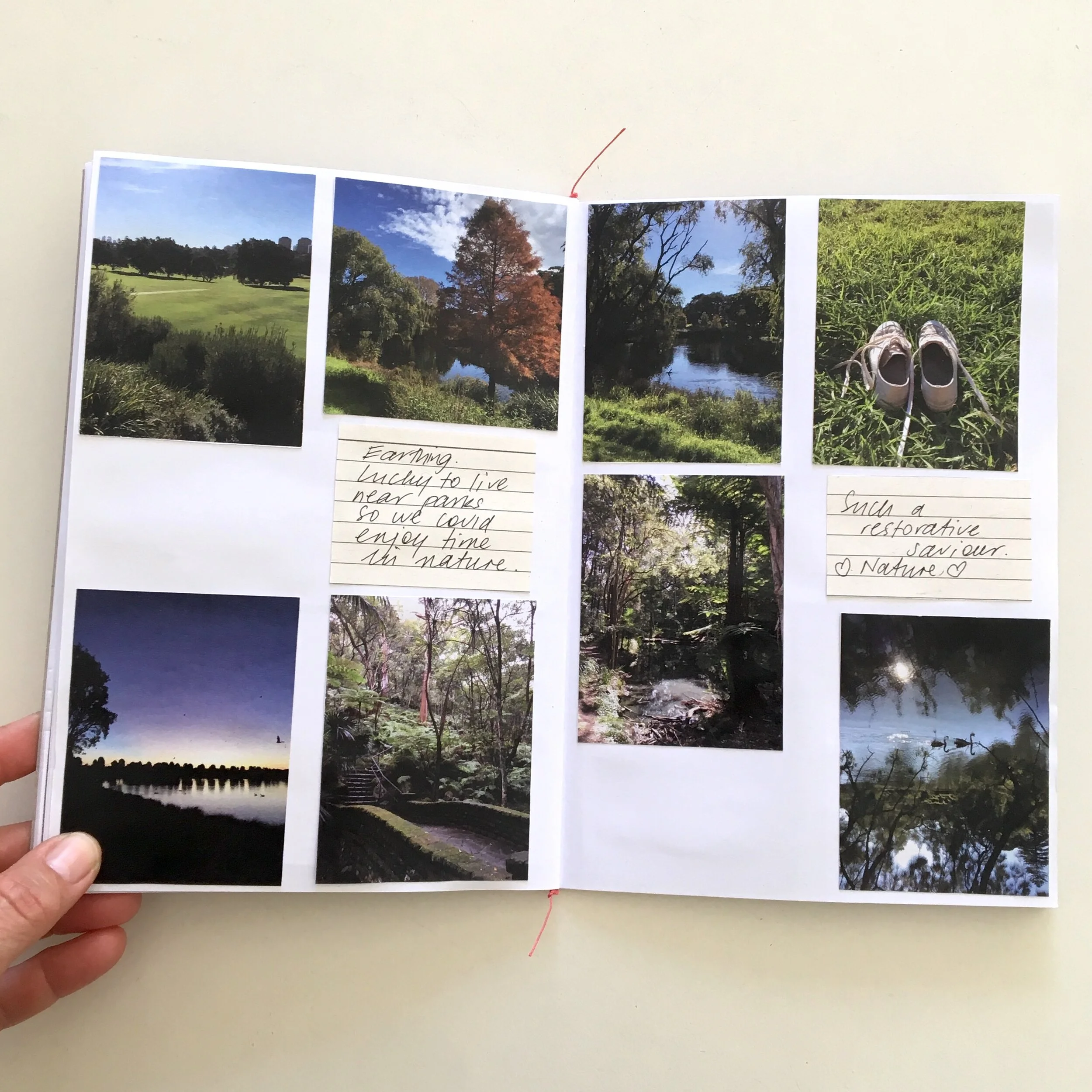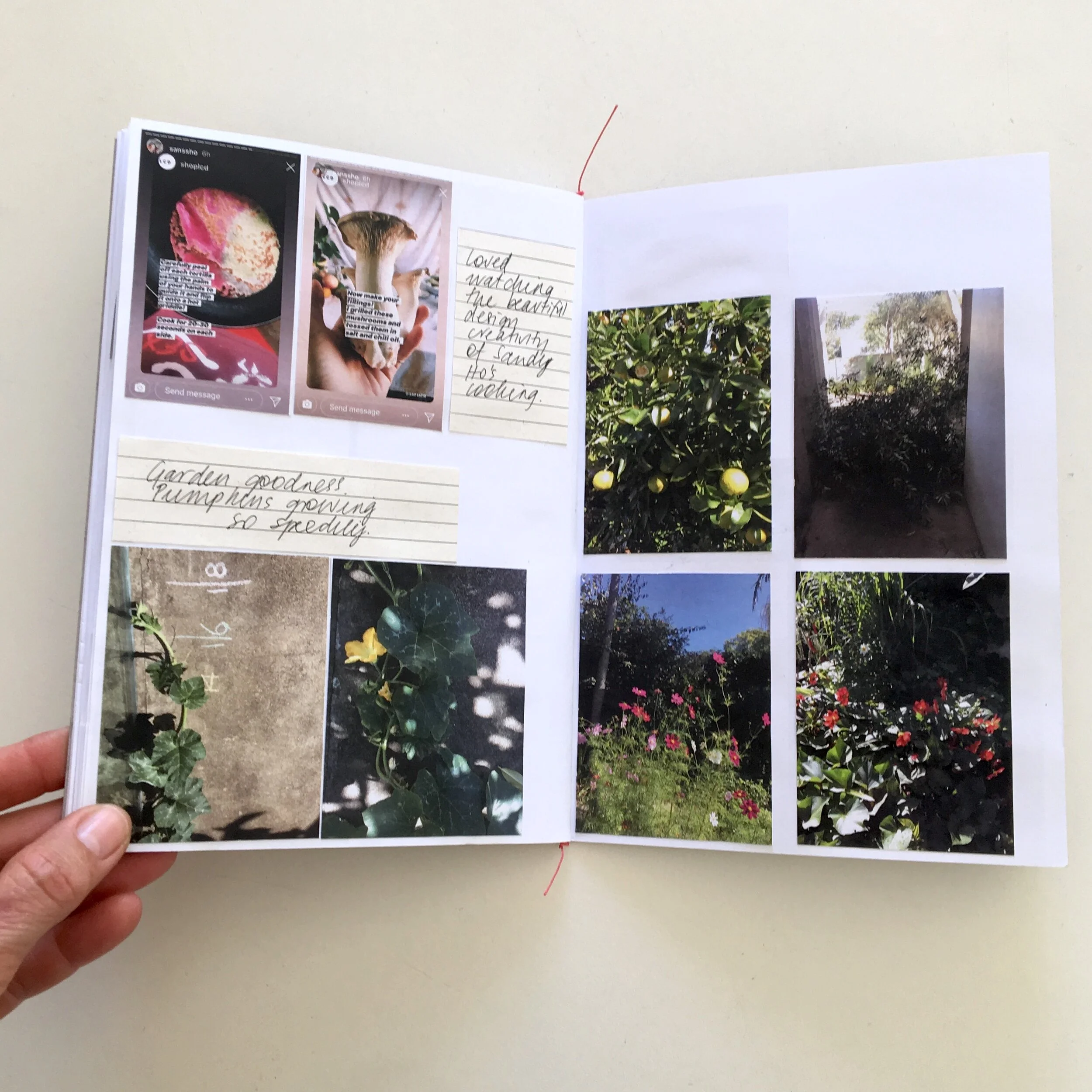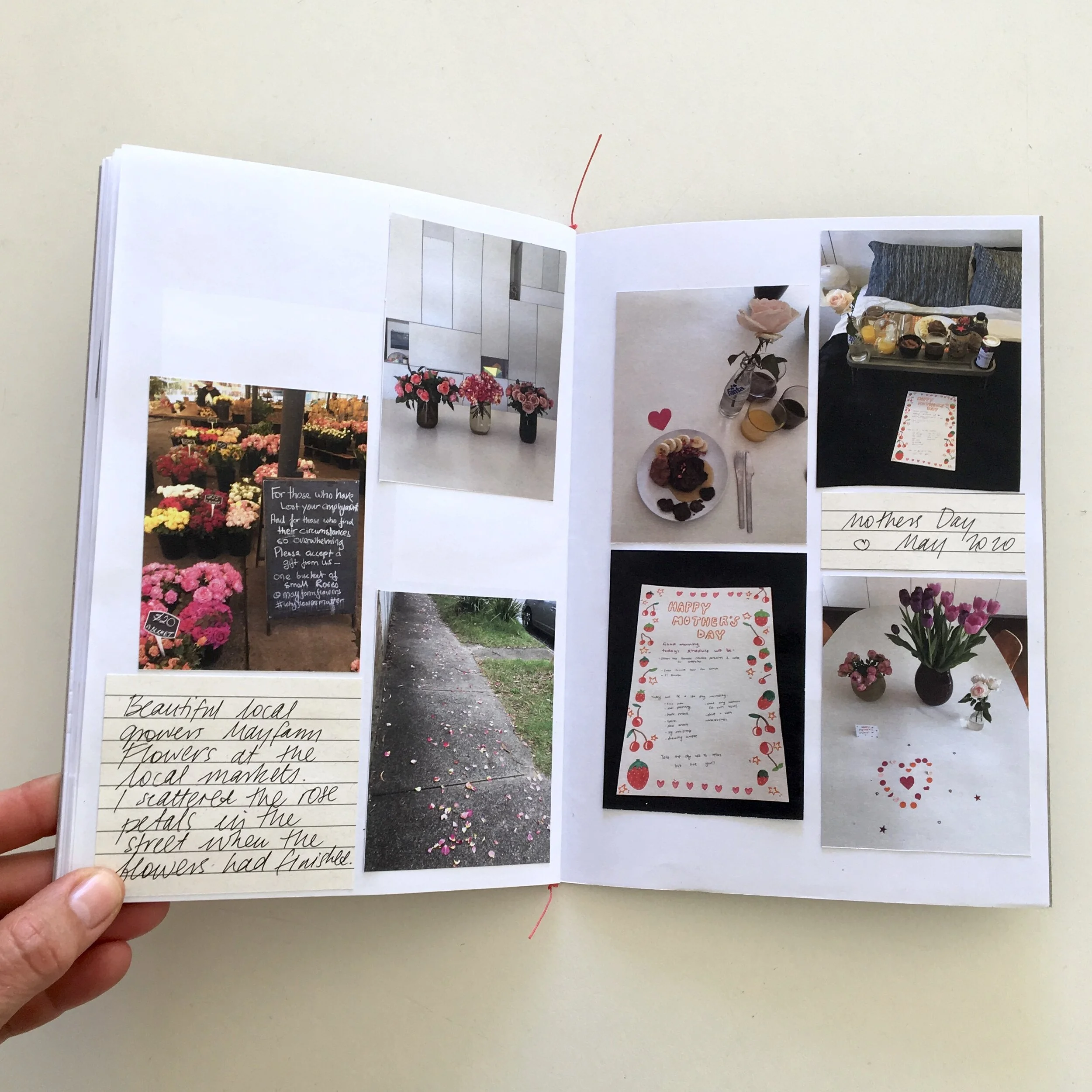DESIGN | ISOLATE. EXHIBITION. 2020.
26 November 2020 - 27 January 2021
Part of Sydney Festival
Designers respond to COVID-19 — Design/Isolate is an Australian Design Centre initiative to show how creative thought can help lead the way for change. Over 60 designers/creative thinkers have captured their thoughts in sketches, diagrams, drawings, text or collage on COVID-19, isolation, what ‘a new normal’ in Australia might look like, how they are affected and how design might contribute to recovery post-pandemic.
View the digital Design|Isolate diary online here
Creative practitioners
Dianne Beevers
Zoe Brand
Deborah Burdett
Lisa Cahill
Elise Cakebread
Maria-Fernanda Cardoso
Tulla Carson
Sebastian Chan
Sacha Coles
Rhys Cooper
Corban & Blair
Daniel-Emma
Anna Davern
Tracey Deep
Bin Dixon-Ward
Paula do Prado
Kate Dunn
Eggpicnic
Alexi Freeman
Honor Freeman
Garbett Design
Maddison Gibbs
Stephen Goddard
Dennis Golding
Mark Gowing
Blake Griffiths
Christian Hall
Benja Harney
David Holm
Michael Hoppe
Pennie Jagiello
Taerim Claire Jeon
Rebecca Jobson
Mark Ian Jones
Pia Larsen
Andrew Lavery
Stefan Lie
Peter Lonergan
Nikita Majajas
Claire McCaughan
Nicole Monks
Damon Moon
Julie Paterson
Fiona Roderick
Natalie Rosin
Tim Ross
Liane Rossler
Niklavs Rubenis
Melissa Silk
Lucy Simpson
Vipoo Srivilasa
Jane Theau
Bic Tieu
Isabelle Aileen Toland
Prue Venables
Zoe Veness
Harriet Watts
Louise Weaver
Liz Williamson
Jason Wing
Helen Wyatt
Melinda Young
Creative Journal by Liane Rossler
Liane Rossler is a creative practitioner based in Sydney. She shared detailed aspects of her time in lockdown with her family, and how she stayed optimistic during the period.
“On Thursday March 12 we decided to lockdown, lay low and stay at home. I had scheduled to go to Melbourne Design Week. I had made work for two exhibitions. I made the decision to cancel it all and stay home. We knew change was coming but we didn’t know exactly what it would look like.”
We asked Liane three questions about her experience of isolation, completing this journal and her hope for the future. These are her responses:
Describe the experience of the period of isolation for you.
Watching the events of Covid19 occurring elsewhere in the world, thankfully in Australia we had time to prepare for what was to come. Being in isolation occurred suddenly and it was amazing to see how quickly things could change in the world if needed. Looking at the pandemic as a turning point and catalyst for change, I hope that more positives than negatives will emerge.
The challenge of being self-sufficient and making do with whatever came up is something that I felt we were equipped with. Being together with my family, we all managed to adapt, lay low and make the best of the situation. Thankfully we have the technology so that we could all communicate with friends and work/study from home. I felt that the shift in communication/meeting/working happened quite seamlessly.
We were prepared for change having adapted over the last decade or so to the growing development of climate change and from other recent occurrences such as the bushfires and droughts. We saw how things could change from day to day and know how it was important to be prepared.
The planet is trying to get us to pay attention and appreciate all the beautiful and wonderful things that have been created. I come from a family of Holocaust survivors, so to lay low for a while and wash my hands to stay safe seems like a very manageable option. I’m constantly grateful for how lucky we are.
What does your book represent and how did you approach the challenge?
My book is a diary of events and some of the things we experienced during the isolation period. My focus was on growing and the garden, food preparation, celebrating the everyday, family, and the enormous saviour of the park and natural environment which we are so grateful for. As creative practitioners, it is in our nature to be given a set of circumstances and to create something positive out of it. I think as a profession, we are well equipped to adapt and make the best of life as it changes.
What do you hope will change in Australia as a result of the pandemic?
The number one change that I hope will happen in Australia and worldwide is an increased and more urgent focus on behaviour to halt climate change and stop all the detrimental actions happening to the planet. Everything is connected so being more sensitive to the earth and everything on it can help to stop future pandemics occurring. More respect towards others and increased hygiene are added bonuses.
By restricting travel, I hope that there is more of a growing appreciation of our beautiful country and more care in preserving it and looking after it. I hope that moving forward there is a more considered appreciation of international travel which has such a big impact on the environment. I’d like to see compassionate actions like Covid kindness, consideration and thoughtfulness keep growing. More appreciation of nature and our impact on the planet. Appreciate and enjoy what we have and take care so others can enjoy it too. I hope that Australia becomes a more inclusive and compassionate country with a strong culture of care for all from the government.
